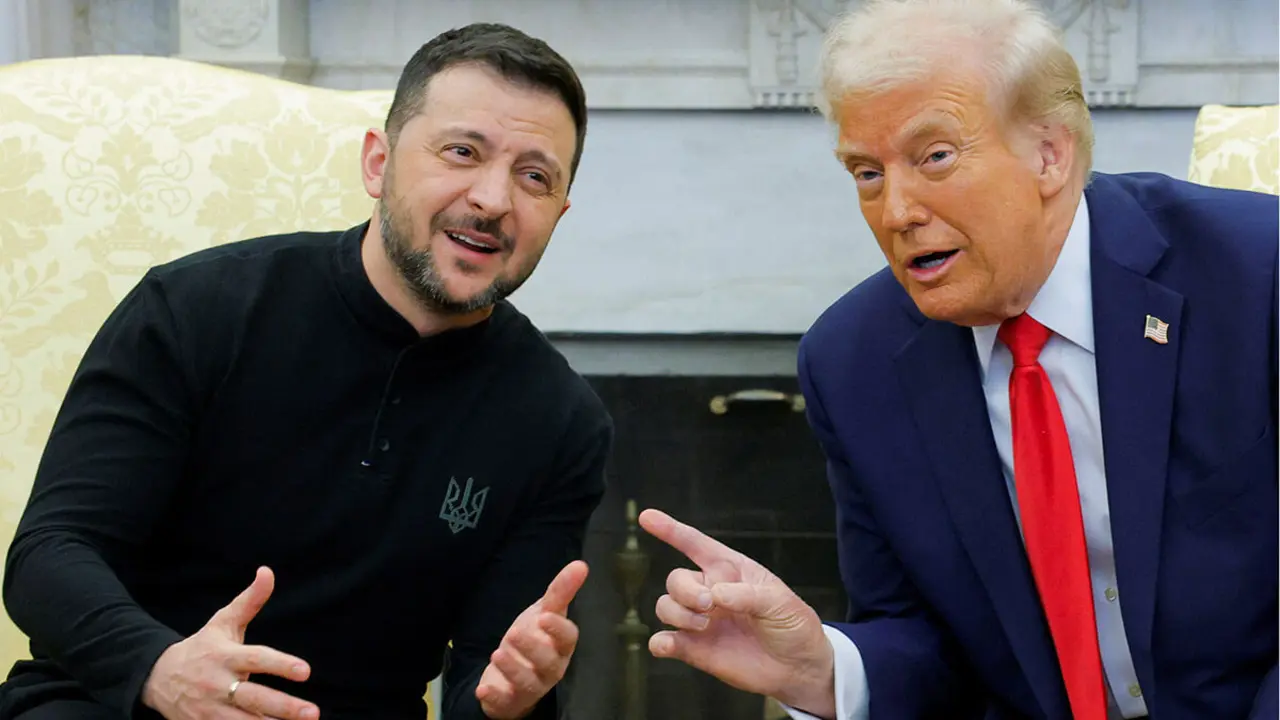Constitutional reform approved in Algeria with the lowest turnout in history

Algeria approved the proposed reform of the Constitution with the lowest voter turnout in history, estimated at 23.7 percent of the nearly 24 million citizens entitled to vote in the referendum held on Sunday.
According to the director of the Independent National Electoral Authority (ANIE), Mohammad Charfi, a total of 5,636,172 voters cast their ballots, of whom 3,355,513 did so to back changes that were widely criticised by the opposition and the mass popular protest movement Hirak as not meeting the people's aspirations.
This figure amounts to 66.80 percent and serves the regime to exceed the 50% support required by the Constitution, even though affirmative votes account for less than 10% of Algeria's population, estimated at 42.2 million.
Apathy and a shortage of voters dominated Sunday's referendum, which was marked by the boycott of the opposition and the Hirak and the mysterious state of health of the president, Abdelmadjid Tebboune, who was the driving force behind a consultation aimed at closing the controversial transition begun in April 2019 following the resignation of his predecessor Abdelaziz Bouteflika, who was forced to resign by popular protests and pressure from the army.
Tebboune was transferred on Thursday to an undisclosed hospital in Germany, just five days after the Presidency briefly reported that he had been in "voluntary isolation" in the palace since Saturday due to a positive case of COVID-19 among his entourage.
Barely 24 hours before his transfer to Europe, the 75-year-old president had been admitted to a military hospital in Algiers amidst the secrecy. To date, neither the disease he suffers from nor whether he has been confirmed or denied has been confirmed.
The consultation is the penultimate step in the transitional process before the legislative elections, and therein lies the political fear, as the current president of the Senate, Salah Oudjil, 89, is an interim president and, according to the Constitution, is not qualified to replace the head of state, which would create a dangerous power vacuum.
The president in Algeria has many unique powers, such as that of signing and validating the constitutional reform, a traditional practice in the Algerian presidency: Bouteflika introduced three during his last three re-elections, none of which had the support of the population.
The regime has presented the reform as "the birth of the new Algeria", but constitutionalist experts and opposition leaders warn, however, that the changes are modest and do not reflect the wishes of the majority of the Algerian people and the Hirak, who have been calling for the fall of the military regime that has governed Algeria since independence from France in 1962 since February 2019.
The amendments introduced are limited to reforming the election of the prime minister, limiting terms of office, minimally changing the composition of the High Council of the Judiciary and creating the basis for a Constitutional Court.
In addition, it appropriates the Hirak, turning it into a national movement in an attempt to deactivate it, and its most significant reform is to authorise the army's intervention in peace missions abroad.








